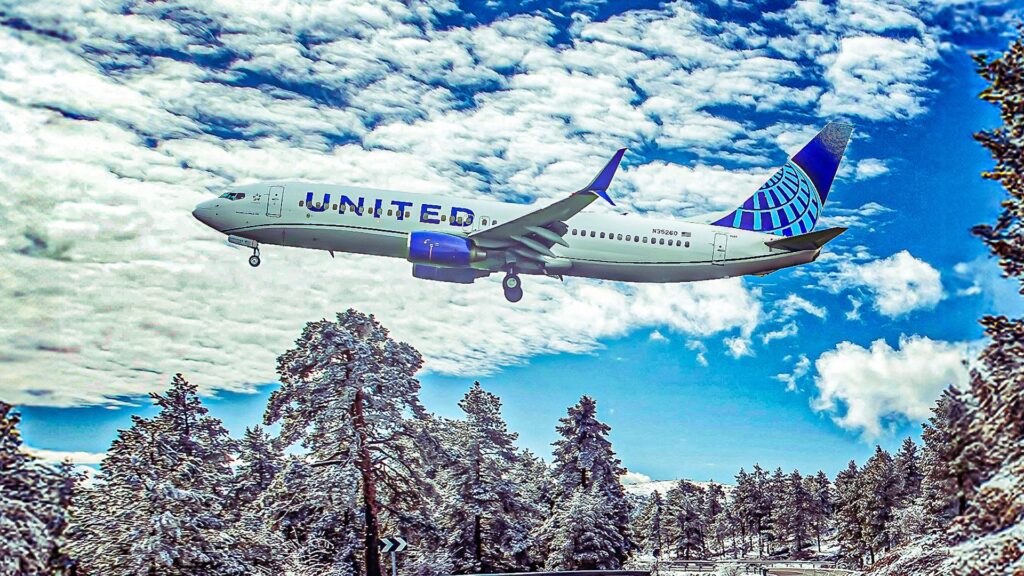
In the summer of 2025, United Airlines and Neste expanded their partnership by introducing sustainable aviation fuel (SAF) to three additional airports: Houston George Bush Intercontinental Airport (IAH), Newark Liberty International Airport (EWR), and Washington Dulles International Airport (IAD). This marks a significant milestone as it is the first time any airline has operated flights utilizing SAF at these major hubs.
The introduction of SAF at these locations builds on previous successful operations at Chicago O’Hare International Airport (ORD) and San Francisco International Airport (SFO), where Neste has been supplying this alternative fuel since August 2024. The current contract for SAF at IAH is set to conclude at the end of this month, while EWR and IAD have scheduled SAF flights through next year.
Expanding Sustainable Practices
United Airlines has established itself as the leading operator of SAF in the United States, burning approximately 4,300 metric tons (around 13 million gallons) last year across the two initial hubs. This effort is crucial in addressing the aviation sector’s contribution to global greenhouse gas emissions, which accounts for approximately 2-3% of the total emissions worldwide. According to the World Economic Forum, the commercial aviation industry consumes about 4.3 billion gallons of fuel annually.
The airline’s Chief Sustainability Officer, Lauren Riley, emphasized the importance of government support in scaling the SAF market, stating, “United remains the leading SAF user in the US… we recognize that the growth of the SAF market requires support from both state and federal governments.” This sentiment underscores the collaborative effort needed to enhance the availability and affordability of SAF.
Innovative Fuel Solutions
Neste’s MY Sustainable Aviation Fuel is produced from 100% renewable raw materials, including used cooking oil and animal fat waste. It is blended with conventional jet fuel and is certified for use at a ratio of up to 50%. Research indicates that when used unblended, this alternative fuel can reduce carbon emissions by as much as 80%. Despite the environmental benefits, the cost of SAF remains significantly higher than conventional jet fuel, ranging from two to five times the price. This financial barrier highlights the necessity for ongoing government incentives to promote wider adoption.
United Airlines has consistently maintained its commitment to achieving 100% emissions reduction by 2050. The airline has expressed that SAF represents a more environmentally sound option than purchasing emissions credits, advocating for a robust market for SAF to be established.
As part of its campaign, “Good Leads The Way,” United Airlines is keen to increase public awareness of the benefits of SAF. The company’s collaboration with Neste aims to alleviate the supply challenges that have hindered broader adoption, striving to drive down costs and enhance availability through joint development efforts.
Neste’s current global production capacity for SAF stands at 1.5 million tons (approximately 515 million gallons) annually, with projections to expand to 2.2 million tons (around 750 million gallons) by the end of 2027. While using waste materials as a raw source for SAF is an effective strategy, it also competes with demand from other sectors, potentially raising costs.
United Airlines continues to advocate for the increased visibility of SAF’s benefits, aiming to encourage both government and industry stakeholders to facilitate faster mass production and greater usage of this sustainable aviation fuel. This initiative is not just about improving aviation practices; it represents a significant step toward a cleaner, more sustainable future for air travel.







